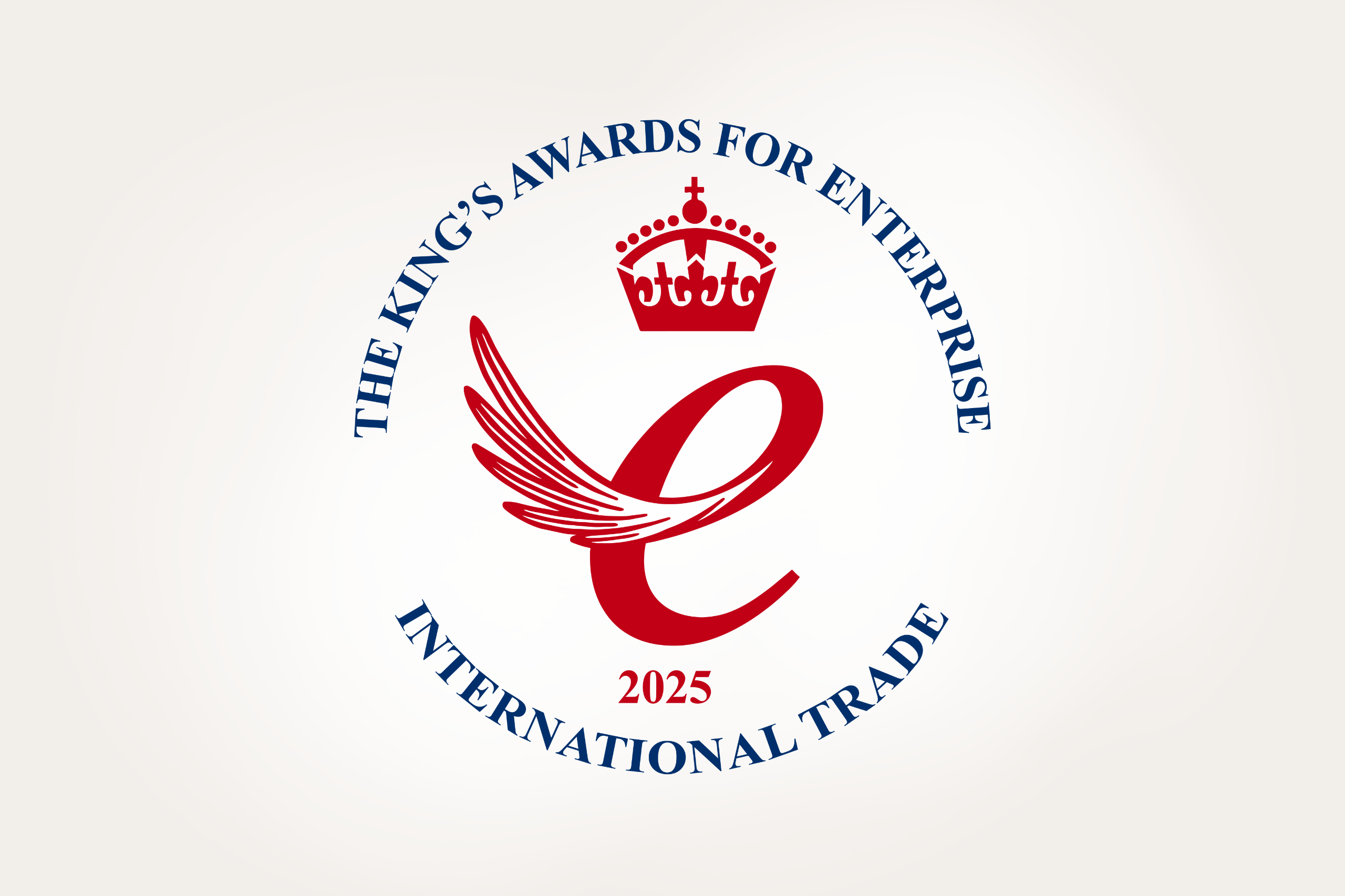We are delighted to announce the launch of SEER (Sports & Entertainment – Evaluation & Research), the first research and intelligence unit to focus solely on the sport and entertainment sector, with its inaugural report examining the relationship between sport and its largest and most overlooked investor group, host cities. The report shows concerning misalignment in the objectives and expectations of host cities and major events at a time when the latter seek to rebuild their balance sheets in the aftermath of the COVID-19 crisis.
In the first half of this decade alone hosts of the largest 5 events in the world by visitor numbers/spectators* will invest over $244bn in combined capital and operational expenditure outstripping other higher profile investors such as media and corporate sponsors ten fold.
SEER’s first sector report: ‘Disconnected – Misalignment in sport’s most important relationship’ reveals that government and host cities’ objectives from hosting major sports events have significantly changed in the last decade. The majority of major events owners have not recognised or kept pace with this change which risks their continued ability to return on objectives or investment. The COVID-19 pandemic will exacerbate this problem as governmental priorities such as public health move up the public policy agenda.
SEER surveyed over 70 major event rights holders and major event hosts, including senior representatives from international federations, private event rights holders, and governmental / public sector hosting organisations around the world.
SEER’s report key findings include:
- Whilst 71% of rights holders consider themselves very aware of their hosts’ objectives, only 2% of hosts believe that this is the case.
- For 56% of hosts environmental sustainability of events is one of the most important considerations in their decisions to support events. Only, 17% of event rights owners believe they deliver on this promise.
- 76% of hosts believe social impact for the local community is a very important one of the fastest growing considerations when making decisions to invest in events. Rights holders fail to provide concrete ways of delivering and measuring this and only 29% of rights holders believe their events deliver health and wellbeing benefits to a great extent, while 53% of hosts hold health and wellbeing impact as a very important objective of hosting.
- Rights holders and hosts are well aligned on the importance and future growth of women’s events. Hosts ranked women’s sports events the 3rd most important event category to their future portfolios, while Rights holders put them 2nd only to esports events in terms of their upward trajectory over coming years. Hosts believe women’s events require the lowest levels of host investment from any sport, yet they also deliver low economic ROI but high return on objective.
- Esports are the No.1 growing event category according to rights holders, while cities currently do not see value in hosting them, ranking them a mere 15th for their importance to their future portfolios.
- The value of ‘mega events’ is a source of disagreement: 40% of rights holders see them on a general upward trajectory but just 11% of cities rate them highly in terms of ROI and ranked them higher than any other event category for future growth in required host investment.
- 50% of rights holders said a host’s ability to pay a hosting fee was one of the top three traits of an ‘ideal’ host and 76% expect their hosting fees to rise in the future, while 77% of cities say high hosting fees are one of the biggest challenges to hosting events.
Commenting on the launch of SEER and its inaugural report, Angus Buchanan, TSC Managing Director and SEER lead said:
“Since 2005 we have been working with rights holders and host cities around the world focusing on this central relationship which we believe is overlooked in terms of the importance of this key investor group. Never in that time have the two sides been further apart than they are today and conversations in the last couple of months only intensify this.
We have created our new research and intelligence unit, SEER, to examine and address some of the key challenges affecting the sports and entertainment industry. We want to use SEER to challenge assumptions and provide solutions to fundamental issues facing the sector using sound data analysis and insight. We are now working on further reports we’re excited to bring to market in the coming months.”
*(World Expo 2021, Winter Olympics 2022 and Summer Olympics 2021 and 2024, UEFA European Championships 2021 and 2024 and the FIFA World Cup 2022)

